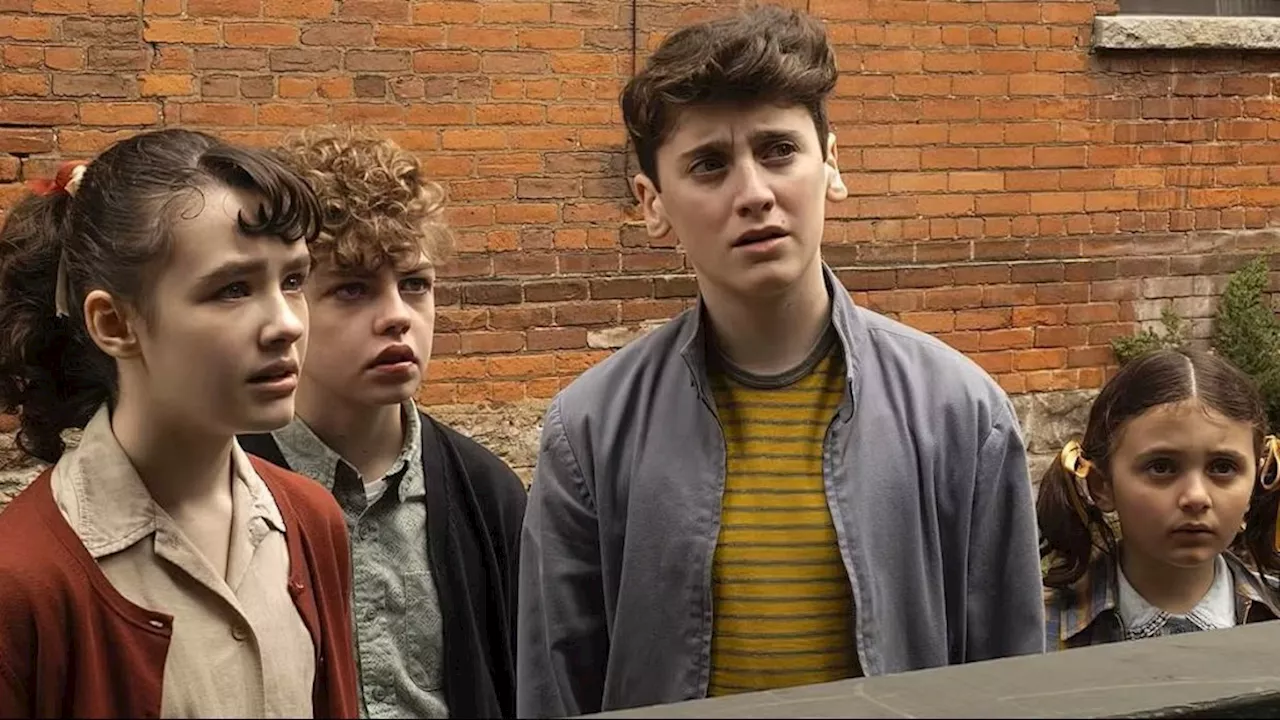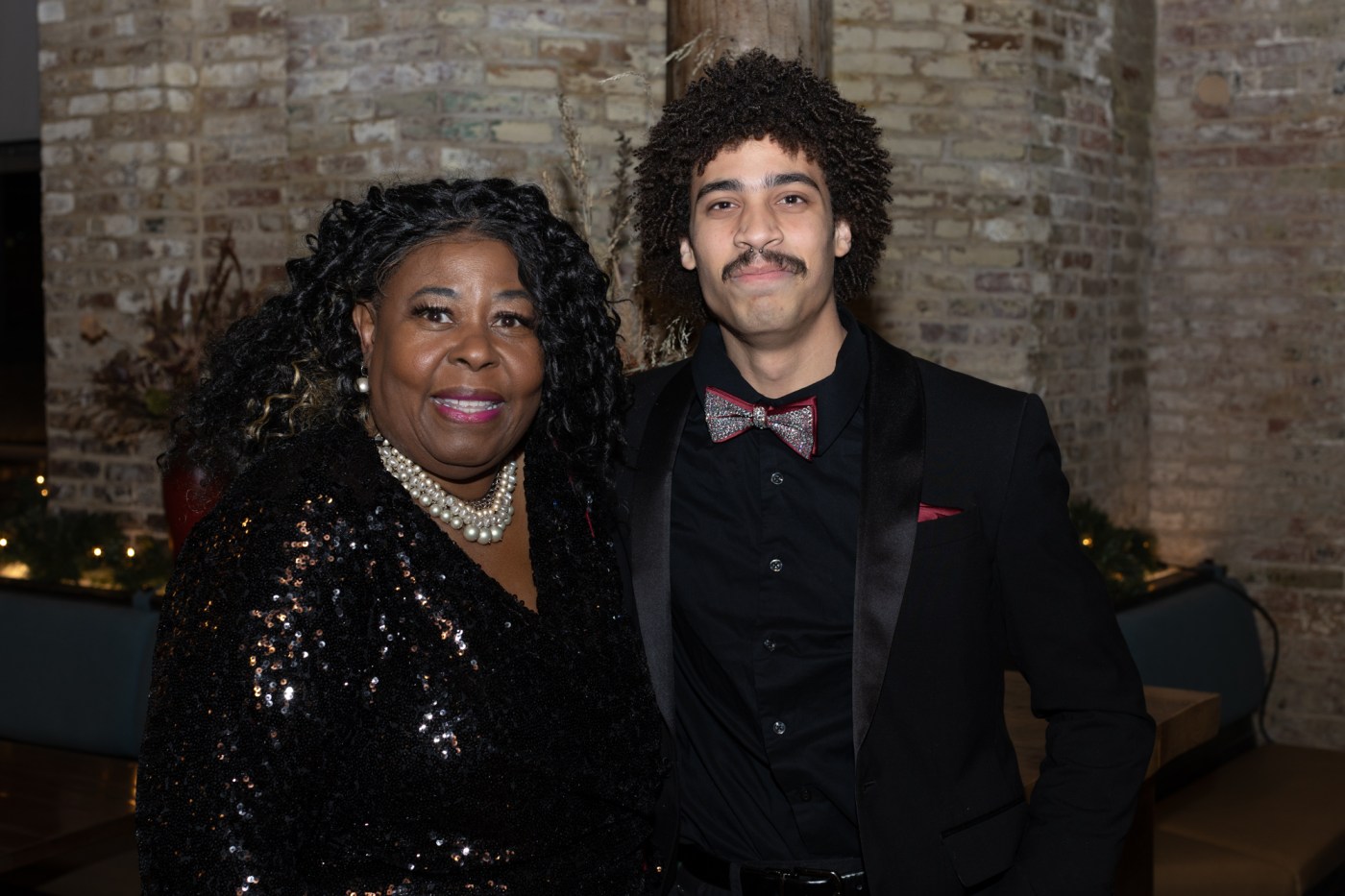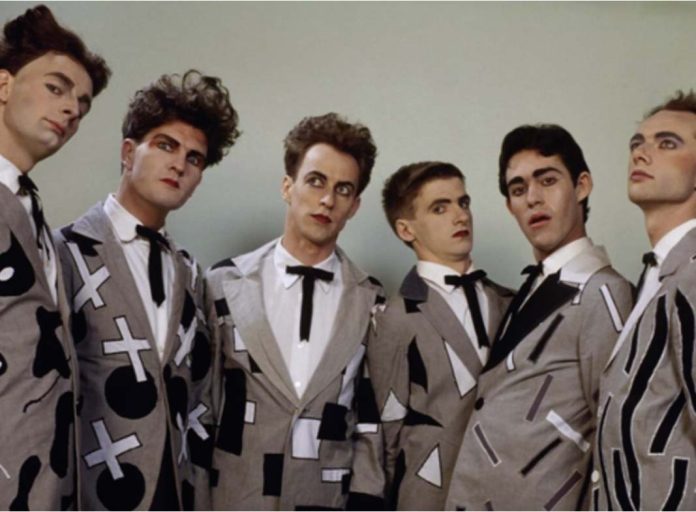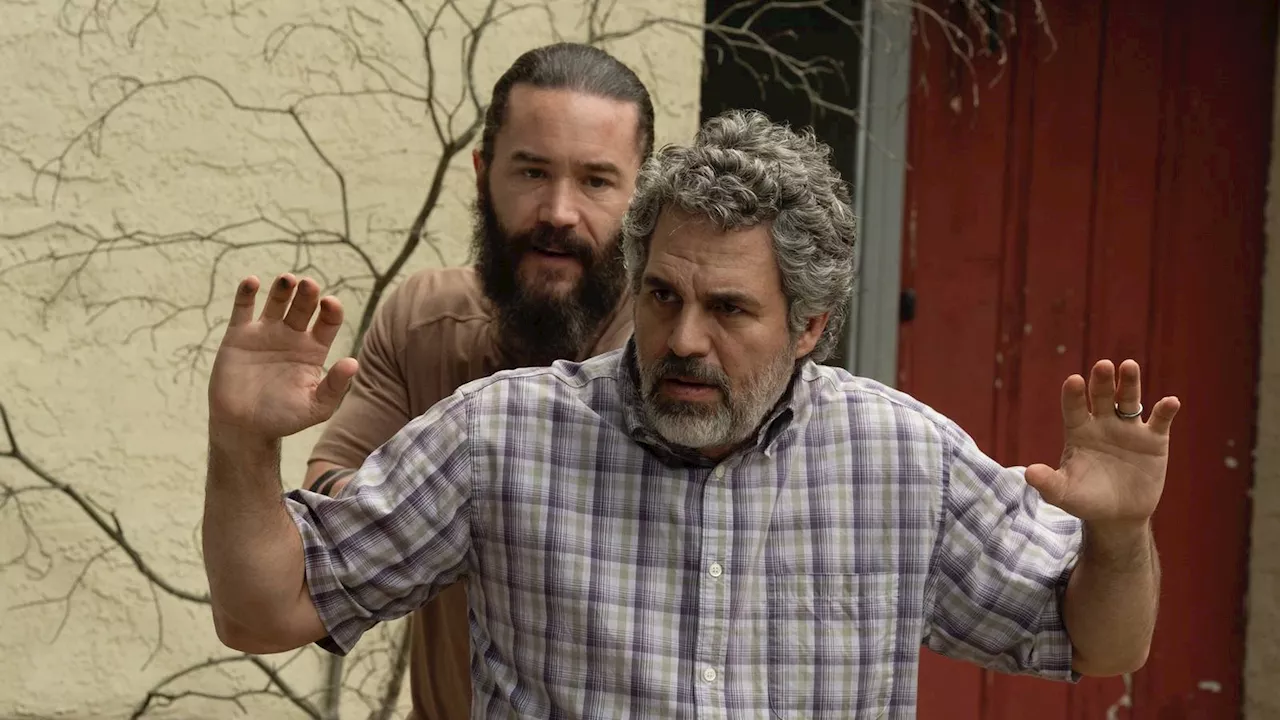The miniseries adaptation of Stephen King’s iconic novel, The Shining, is now available for streaming on Hulu. This 1997 production, directed by Mick Garris, offers a different interpretation of King’s work that contrasts sharply with Stanley Kubrick‘s renowned 1980 film version. While Kubrick’s film is celebrated for its chilling artistry, King’s miniseries presents a narrative rooted in emotional depth, exploring themes of love, addiction, and grief.
In the years following the release of Kubrick’s film, which is often regarded as one of the most significant horror movies ever made, King publicly expressed his dissatisfaction with the adaptation. He described Kubrick’s version as “a big, beautiful Cadillac without an engine,” emphasizing his belief that it misrepresented the essence of his story. King’s portrayal of Jack Torrance is that of a deeply flawed character who struggles with his demons while striving to be a loving father. In contrast, Kubrick’s depiction presents Jack as someone who swiftly descends into madness without a hint of resistance.
To reclaim his vision, King wrote and produced the miniseries, ensuring that it adhered more closely to the original narrative. The casting of Steven Weber as Jack Torrance allowed for a portrayal infused with vulnerability and a desire for redemption. Rebecca De Mornay, as Wendy Torrance, is presented not as a mere victim but as a resilient character who actively fights against the horrors of the Overlook Hotel.
A More Emotional Narrative
One of the key distinctions of the miniseries is its focus on character development. King’s adaptation emphasizes the emotional struggles of its characters, allowing viewers to witness Jack’s gradual succumbing to the hotel’s sinister influence. The Overlook Hotel is not merely a backdrop for horror; it becomes a character in its own right, a predatory force that preys on human weaknesses, particularly Jack’s battle with alcoholism. This personal connection to addiction adds layers to the story, making Jack’s decline feel more like a tragic fight rather than an inevitable spiral into madness.
While the miniseries has its limitations, such as production qualities typical of late-1990s television, its earnestness sets it apart. The pacing may occasionally falter, and the visual effects are less polished compared to Kubrick’s meticulous craftsmanship. Yet, this rawness contributes to the miniseries’ charm, creating a sense of intimacy that is often absent in more polished productions.
A Cultural Conversation
Both adaptations of The Shining engage in a conversation rather than a competition. Kubrick’s film casts a long shadow, portraying a nightmarish descent into madness devoid of love. King’s miniseries, conversely, frames the narrative as a poignant tragedy about familial love eroded by addiction and external forces. This duality allows audiences to appreciate the story from varying perspectives, each revealing different truths about the human experience.
The release of King’s miniseries on Hulu not only provides a platform for viewers to explore his vision but also invites a reflection on the nature of adaptation and authorship. In an industry where creator voices are often overshadowed, King’s reclamation of his narrative stands out. This miniseries is not just a nostalgic revisit; it underscores the importance of an author’s intent in the adaptation process.
As audiences dive into both the miniseries and Kubrick’s film, they can now navigate the complex maze of the Overlook Hotel, understanding the multifaceted nature of the story that continues to captivate and terrify. King’s vision, marked by its emotional depth and personal history, offers a unique lens through which to experience a timeless tale.







